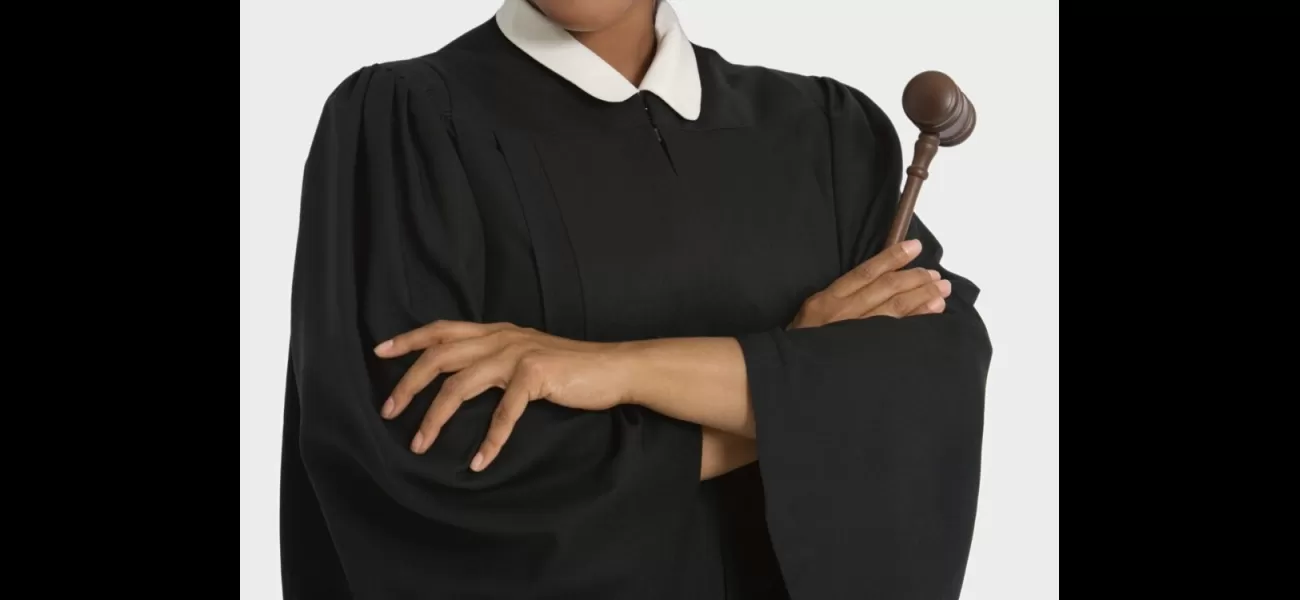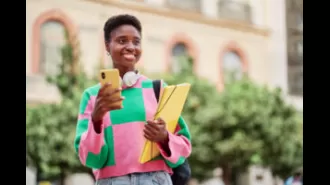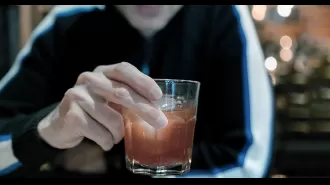Texas law puts black female judges at risk when running for office.
The legislation has created numerous challenges for Black women running for office.
February 20th 2024.

Recently, a new law has sparked controversy in Texas as it raises questions about the qualifications of Black female judges running for office. The law, called H.B. 2384, was put into effect on September 1, 2023, with overwhelming support from both sides of the political spectrum. It focuses on improving court administration, including the training, efficiency, and transparency requirements for those seeking or holding judicial positions.
According to local news outlet KSAT, the aim of the law is to promote judicial training and transparency, as well as establish stricter requirements for those running for a judicial office. However, despite its seemingly neutral language, some white male judges have used the law to challenge the eligibility of their Black female counterparts. The Houston Chronicle reports that these challenges are an attempt to drain the resources of up-and-coming candidates, making it nearly impossible for them to run a successful campaign.
Two Black women, Federal Judge Erica Hughes and Amber Boyd-Cora, are currently in the running for judicial positions. Hughes is challenging incumbent Mike Englehardt for a spot in the 151st District Court, while Boyd-Cora is vying to replace Peter Kelly in the 1st District Court of Appeals. Both women have been targeted by the controversial law, facing numerous challenges to their credibility. In fact, they were even at the center of a lawsuit that accused them of various wrongdoings, such as failing to disclose information and lacking qualifications. The case was ultimately dismissed by the Texas Supreme Court.
On February 15, Hughes and Boyd-Cora joined other community leaders at the Houston NAACP to address the tactics being used against them. According to Fox 26 Houston, many attendees believe that these challenges are racially motivated. Hughes stated, "Attorney Lillian Alexander has been challenged on the ballot twice, TaKasha Francis as well. Amber Boyd-Cora was challenged all the way to the Supreme Court. I was challenged all the way to the Supreme Court." A total of 13 judicial candidates attended the session to voice their concerns. Brandi J. Croffie, who is running for a position as a 133rd District Court Judge, said, "We're talking about Black women who have been practicing for more than a decade, and the question of our qualifications continues to be raised. I don't see similar questions being asked of non-Black women."
Representative Jolanda Jones, D-Houston, spoke to The Houston Chronicle about the challenges that Black female candidates are facing. She expressed her disappointment, stating, "I would have never voted for a law that could be used as a weapon against Black women. These women are not the only ones running against incumbents, but we also know that in the last elections, Black women have won when running against white men in Harris County." Speaking to Fox 26 Houston, she added, "It's offensive to me. So Democratic Party, I'm challenging you to do more than just ask people to vote for you. Show your support for Black women. It's interesting that they're not going after other Democratic candidates."
In related news, President Biden recently announced the nomination of two Black female judges in the 41st round of judicial nominees. This is a positive step towards promoting diversity and inclusion in the judicial system. As the debates surrounding the controversial law in Texas continue, it is essential to recognize and support the contributions of Black women in the legal field.
According to local news outlet KSAT, the aim of the law is to promote judicial training and transparency, as well as establish stricter requirements for those running for a judicial office. However, despite its seemingly neutral language, some white male judges have used the law to challenge the eligibility of their Black female counterparts. The Houston Chronicle reports that these challenges are an attempt to drain the resources of up-and-coming candidates, making it nearly impossible for them to run a successful campaign.
Two Black women, Federal Judge Erica Hughes and Amber Boyd-Cora, are currently in the running for judicial positions. Hughes is challenging incumbent Mike Englehardt for a spot in the 151st District Court, while Boyd-Cora is vying to replace Peter Kelly in the 1st District Court of Appeals. Both women have been targeted by the controversial law, facing numerous challenges to their credibility. In fact, they were even at the center of a lawsuit that accused them of various wrongdoings, such as failing to disclose information and lacking qualifications. The case was ultimately dismissed by the Texas Supreme Court.
On February 15, Hughes and Boyd-Cora joined other community leaders at the Houston NAACP to address the tactics being used against them. According to Fox 26 Houston, many attendees believe that these challenges are racially motivated. Hughes stated, "Attorney Lillian Alexander has been challenged on the ballot twice, TaKasha Francis as well. Amber Boyd-Cora was challenged all the way to the Supreme Court. I was challenged all the way to the Supreme Court." A total of 13 judicial candidates attended the session to voice their concerns. Brandi J. Croffie, who is running for a position as a 133rd District Court Judge, said, "We're talking about Black women who have been practicing for more than a decade, and the question of our qualifications continues to be raised. I don't see similar questions being asked of non-Black women."
Representative Jolanda Jones, D-Houston, spoke to The Houston Chronicle about the challenges that Black female candidates are facing. She expressed her disappointment, stating, "I would have never voted for a law that could be used as a weapon against Black women. These women are not the only ones running against incumbents, but we also know that in the last elections, Black women have won when running against white men in Harris County." Speaking to Fox 26 Houston, she added, "It's offensive to me. So Democratic Party, I'm challenging you to do more than just ask people to vote for you. Show your support for Black women. It's interesting that they're not going after other Democratic candidates."
In related news, President Biden recently announced the nomination of two Black female judges in the 41st round of judicial nominees. This is a positive step towards promoting diversity and inclusion in the judicial system. As the debates surrounding the controversial law in Texas continue, it is essential to recognize and support the contributions of Black women in the legal field.
[This article has been trending online recently and has been generated with AI. Your feed is customized.]
[Generative AI is experimental.]
0
0
Submit Comment





